Ayurveda in India is known as the “Science of life.” The word “Ayur” in Sanskrit is known as “Life” and “Veda” as “Science.” It is arguably the oldest natural medication system that originated around 6000 B.C.
While Ayurveda is gaining quite popularity among humans around the world, people have started focusing on Ayurveda for their pets too.
Discover your pet’s body type – also known as Prakriti
Generally, dogs are identified by their body types as per their size such as large, medium, and small. However, in Ayurveda, the concept of body-typing is quite complex and based on the five elements theory.
Identifying the type of your pet’s body will allow you to take care of them better naturally. Let us help you understand the elements better.
Whether it be humans or dogs, the 5 elements – Ether, Air, Water, Fire, and Earth manifest as Tridosha. Dosha means “protective” and it can cause diseases if it is out of balance. Tridosha is made up of three senses of humor (metabolic forces) that combine the mind and body. They are called
Vata = Ether + Air
Pitta = Fire + Water
Kapha = Water + Earth
When an egg is fertilized to form an embryo, the permutations of the above-mentioned Tridosha determine the composition of the living creature. It determines the biological, psychological, and physiopathological functions of a living being.
Doshas
Doshas govern the metabolic activities – Pitta represents the metabolism, Vata – catabolism, and Kapha – Anabolism. There could be 10 body type combinations based on these doshas:
- Vata
- Pitta
- Kapha
- Pitta-Vata
- Kapha-Pitta
- Pitta-Kapha
- Vata-Kapha
- Kapha-Vata
- Vata-Pitta
- Vata-Pitta-Kapha
Here are the 3 major dog mind-body types as per doshas:
VATA DOGS
Vata governs the movement of the elements in mind and body. It is considered the leader of the three Ayurvedic Principles. From movement, we mean – the flow of blood in the body, waste elimination, breathing (air circulation), and thoughts in your mind.
It is incredibly important to keep the Vata level in good balance. Dogs with principally Vata composition would show the following characteristics:
- Quickly trainable – mental agility
- Intelligent
- Fast learners but tend to forget quickly as well
- Very sleek and athletic body structure
- Great runners
- Trouble during cold weather conditions
- Lively and fun personality
- Moody
- Get tired easily
- Easily distracted
- Dry skin and fur
Dogs with predominantly Vata body types are prone to health problems such as back pain, gastrointestinal problems, high blood pressure, arthritis, and neurological issues.
The dogs with Vata composition are quite athletic. They tend to have a flat chest and their skin is cool and dry. Vata dogs are either taller or shorter than average and possess thin frames.
Psychologically, they are known as quick learners. However, they have poor memory. They are prone to mental illnesses.
Example: Greyhound
PITTA DOGS
Dogs with Pitta body types are medium built but strong. They can transform from one form to another due to governing elements such as water and fire.
Pitta is responsible for managing digestion, overall metabolism, and the regulation of body temperature. Psychologically, these dogs have the tendency of becoming aggressive. Common characteristics:
- Intelligent and focused
- Competitive and requires an authoritative trainer
- Great digestion and metabolism
- Eat a lot
- Can be aggressive if Pitta is out of balance
- Cannot handle hot weather conditions
- Pack leaders
- Soft and warm fur
- Sharp nose
- Impatient and known to get mood swings
Dogs with this body type are prone to physical problems such as skin disorders, intestinal issues, acid stomach, vision problems, jaundice, etc.
Psychologically, dogs with this body type are excellent learners and have great memory retention. They do get emotional and suffer from extreme mood swings. They do get jealous, aggressive, and angry.
Example: Pitbull
KAPHA DOGS
Dogs with predominant Kapha are governed by elements like water and earth. Water being the main constituent of Kapha, it helps maintain body resistance, strength, and tissue regeneration. Kapha dogs are naturally strong and stable-minded.
They have good immunity and a strong heart. Psychologically, Kapha governs the emotions of attachment and greediness. Dogs with Kapha body types are known to be calm, forgiving, and highly loving. Some common characteristics are mentioned below:
- Calm, loving, and faithful
- Slow-paced and relaxed
- Strong structure
- Energetic
- Takes time to learn but have a great long-term memory
- Soft fur and eyes.
- Soft tempered and shy
- The tendency to overeat and get overweight
- Gentle nature, not high attention seekers.
- Can be left alone for a long duration
- Strong resistance to diseases
- Loves to assist humans on tasks
- Possessive nature
- Don’t do well in extremely cold or damp weather conditions
Dogs with this body type tend to suffer from cold and respiratory-related problems. They have well-developed bodies, however can get overweight if their eating habits are not kept in check. Great fur and skin texture.
Physiologically, Kapha dogs can easily stick to a diet schedule but they have slow digestion, so they might eat less in one seating but overeat over intervals. They are calm and good sleepers; generally happy and healthy, this makes them great house pets.
Example: Labrador and Golden retriever
The 7 remaining body types are combinations of doshas as mentioned above. Based on the characteristics and the mix of doshas, you can deduce your pet dog’s Ayurvedic body type.
Keep in mind that it is imperative to keep a balance of the doshas in order for your pet dog to lead a healthy and happy life.
If you see a sudden change in their eating habits, weight or behavior, it could be due to the imbalance of doshas. You can maintain your pet dog’s doshas by altering their diet, lifestyle, and behavior.
Want to read more articles like these? Subscribe to our newsletter today!

 DogExpress
DogExpress

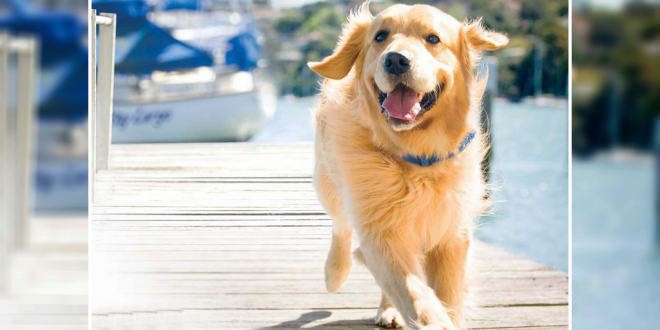
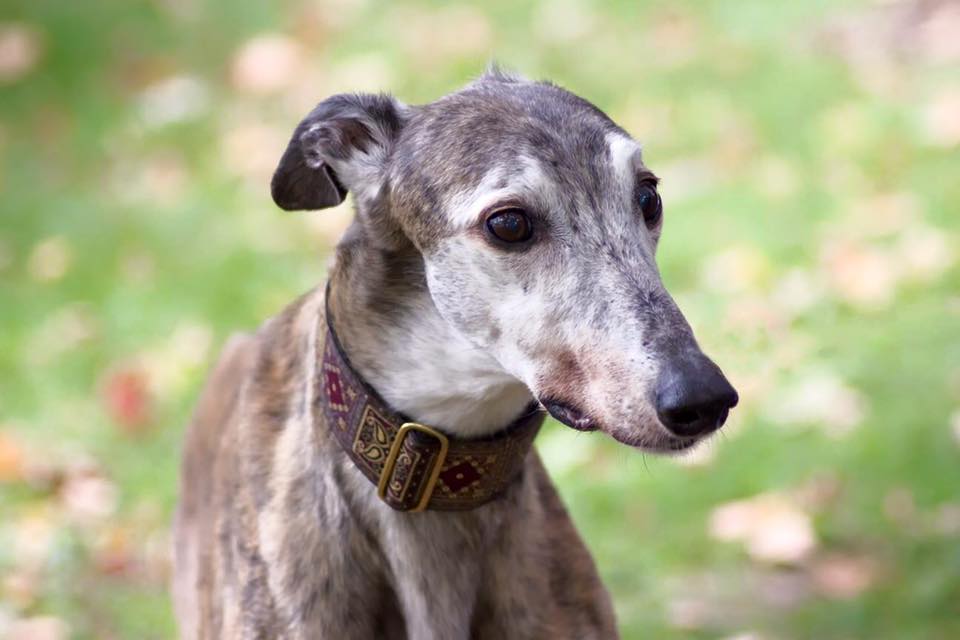
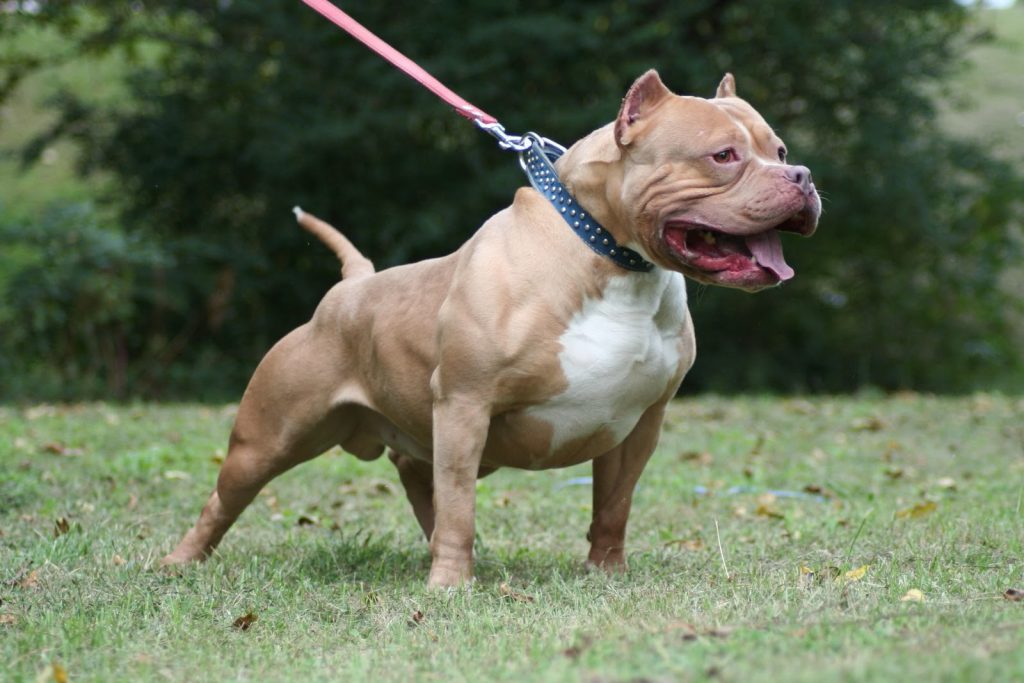
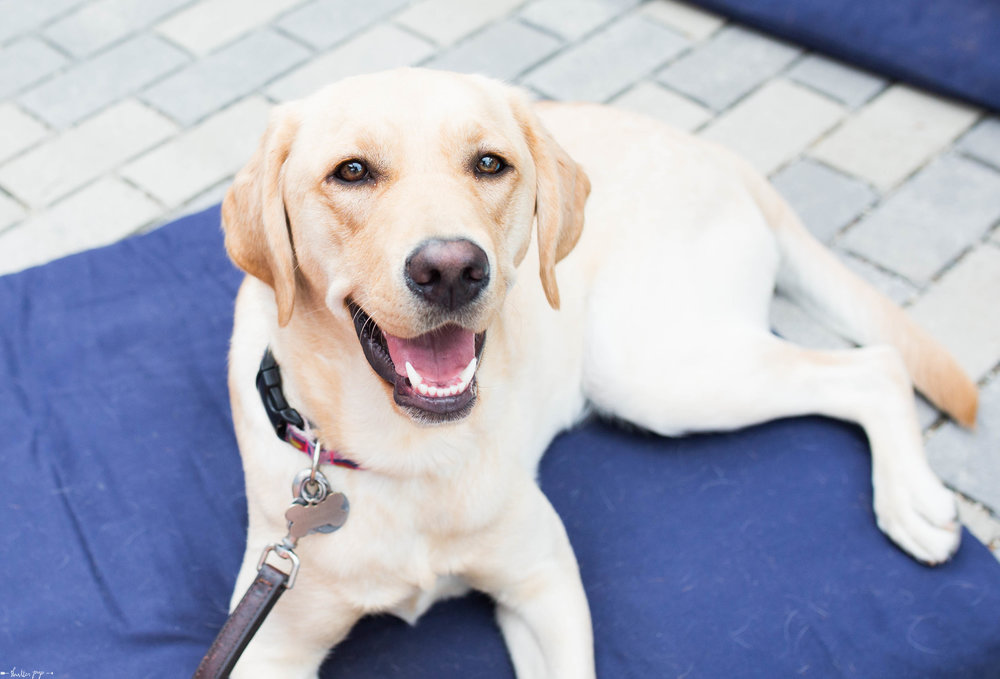

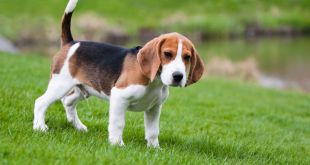
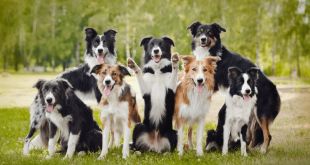













 in Chandigarh, India.
in Chandigarh, India. 
